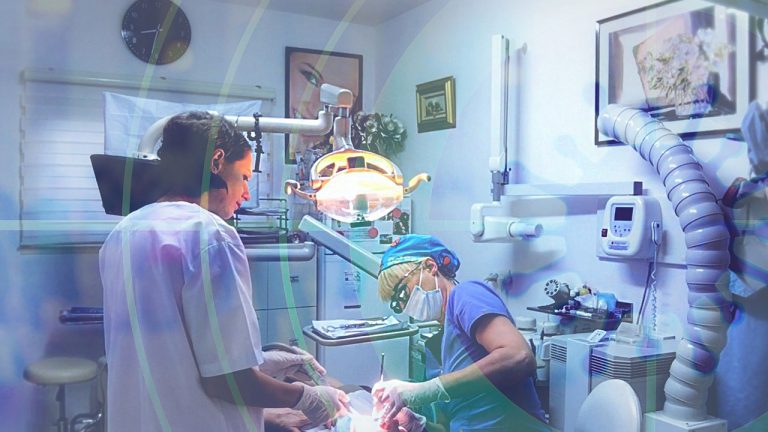

Electronic health records may change the ways doctors diagnose patients, and — in some cases — even enable physicians to predict health conditions before they manifest, Forbes reports. According to Forbes, new EHRs systems will incorporate predictive analysis. In other words, systems will use all kinds of different factors, including lifestyle, prescriptions, weight, and blood pressure, to predict heart attacks — and other serious health conditions — before they occur.
Electronic Health Records Get Futuristic
“We look at this as the tip of the iceberg…the power of predictive modeling and natural language processing,” chief medical information officer at Carilion, Steve Morgan, told Forbes. Initial efforts to implement predictive analysis are working, Forbes suggests. “Predictive algorithms uncovered 8,500 patients at risk of having heart failure within a year; 3,500 were ferreted out because of natural language technology.” The final step, according to Morgan, is to see if doctors can save money — and lives — through preventative care. The hope is that physicians and hospitals will be able to use data to nip health issues in the bud — before they require hospitalization and develop into more serious conditions.
Doctors and Medical Coding and Billing
Medical coding and billing takes time. Doctors may feel even more encumbered if they are responsible for upgrading software to include the latest technologies, such as predictive analysis. Medical billing solutions, including outsourced medical billing services, free up valuable times. Doctors can focus on using electronic health records for patient care only. Medical billing and coding specialists maintain and update software, create and send out invoices, and follow-up on late or partial payments.
Maintaining electronic health care records — and using them to invoice patients — takes time. Overworked doctors can save valuable time, and spend more time diagnosing and treating patients, by seeking third party medical billing solutions. More: apex4medbill.com


